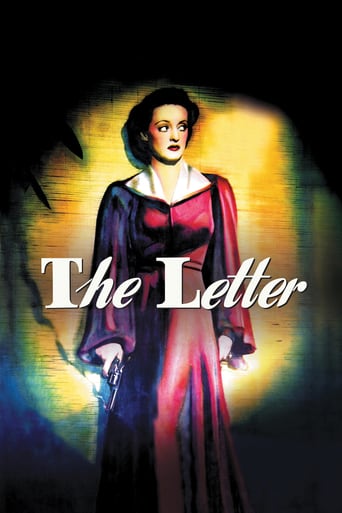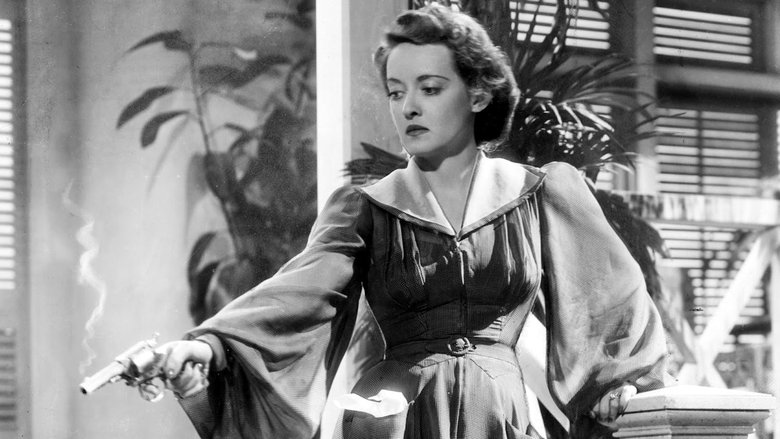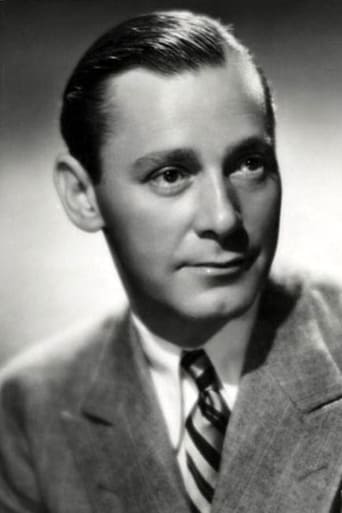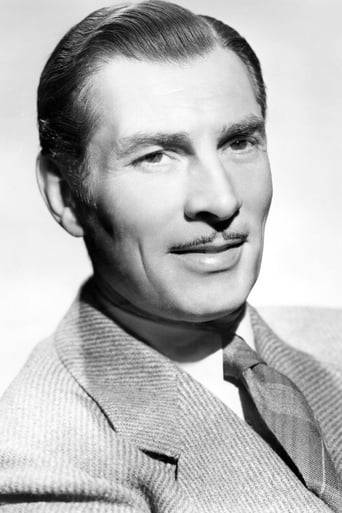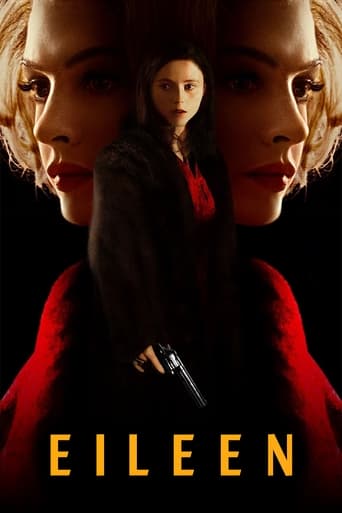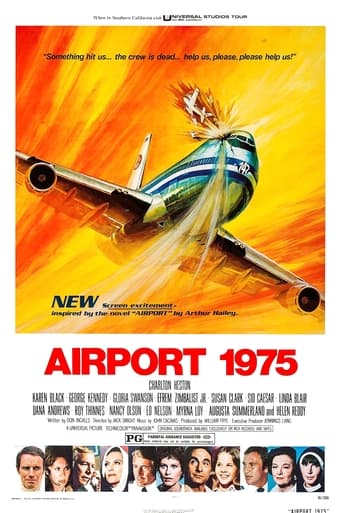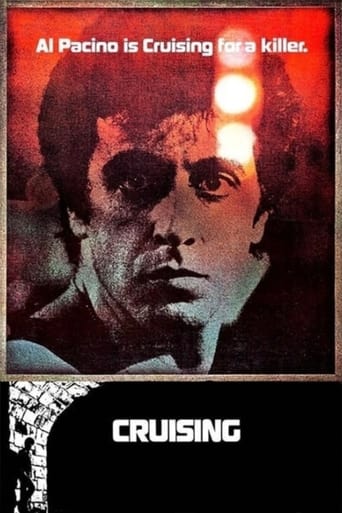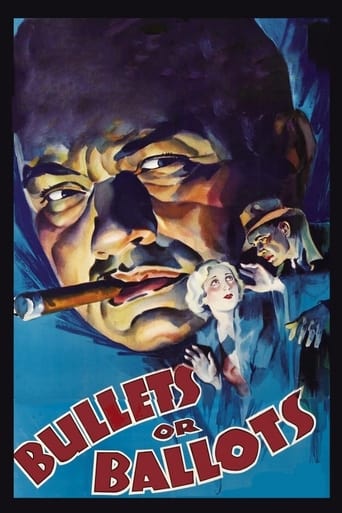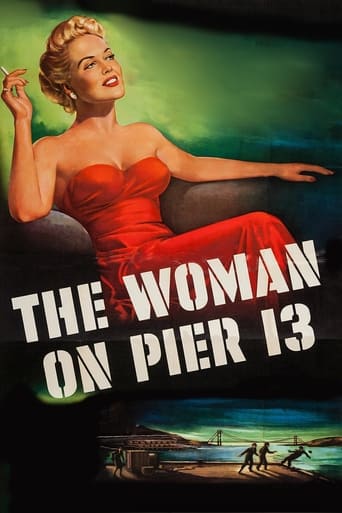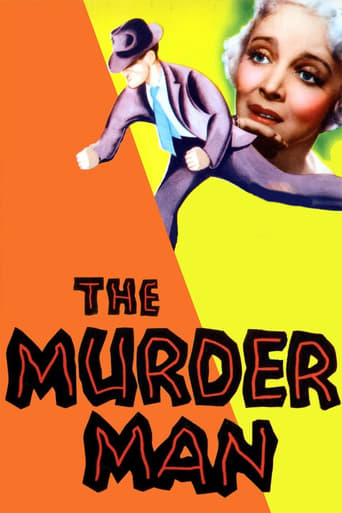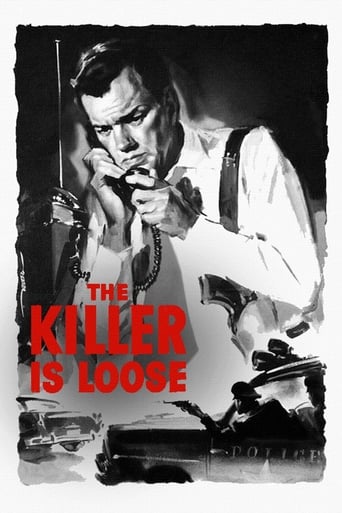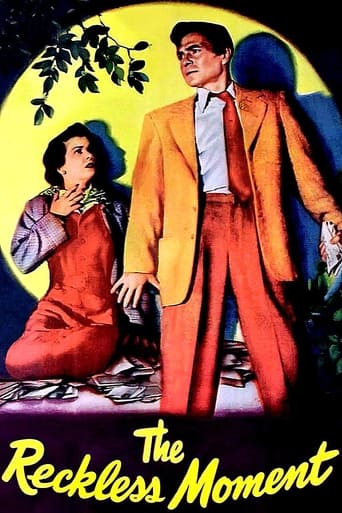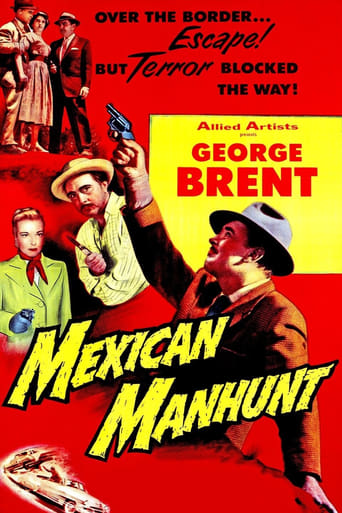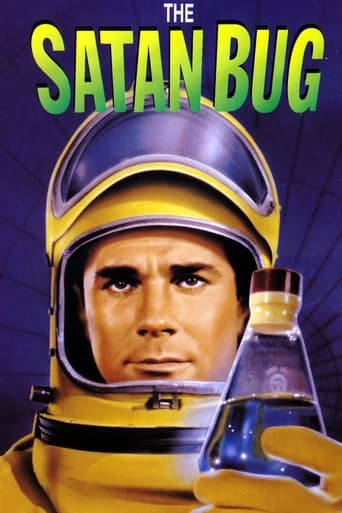The Letter (1940)
After a woman shoots a man to death, a damning letter she wrote raises suspicions.
Watch Trailer
Free Trial Channels
Cast


Similar titles
Reviews
Really Surprised!
This is a tender, generous movie that likes its characters and presents them as real people, full of flaws and strengths.
The plot isn't so bad, but the pace of storytelling is too slow which makes people bored. Certain moments are so obvious and unnecessary for the main plot. I would've fast-forwarded those moments if it was an online streaming. The ending looks like implying a sequel, not sure if this movie will get one
Exactly the movie you think it is, but not the movie you want it to be.
"The Letter" immediately hooks its watcher's with the murder of Mr. Hammond at the hand of Leslie Crosbie(played remarkably well by Bette Davis). The movie is set in Singapore. Director and producer William Wyler did an astounding job overall. While some may be bothered by the lack of background leading up to the murder, it lets the middle of the movie stay exciting, and keeps the watchers engaged throughout the whole movie. The cinematography is exceptionally well done, especially for 1940. It's overall enjoyable to watch, and I had fun watching it. 9/10.
Boy, do they make em like this anymore?It's interesting that film-noir as a genre or a mood or a "type" of film style and approach to storytelling is credited as beginning one year after The Letter (with the Maltese Falcon) as it seems like William Wyler's adaptation of the Maugham story could be called one of the entry points. Certainly one could think of Bette Davis being a sort of 'femme fatale' here, though probably leaning more to the melodramatic side while still having that deep-down cold and icy side of her. But it's there in the character and, at least in significant chunks, in Wyler's approach to cinematography and mis-en-scene. Hell, the shots through the blinds crafting shadows as (mostly) Davis stands by a window seems like the blueprint for directors to follow (if it wasn't done before, which I'm sure I'm wrong it was).And the opening kicks things off literally with a bang! I don't know of any other way to phrase that (sorry), but it is a moment in movie history that is difficult to forget: after a crane shot that tracks along a sleepy, moon-lit night in Singapore (we're seeing the locals asleep in their mosquito-netted huts) we hear gun-fire, and out from the front door of a home staggers a man who could be dead already but god knows Davis's Leslie Crosby isn't taking any chances. Bang-bang-bang-bang, and every shot shows her fierce and in that Bette Davis way out of control. But without a word she goes back inside, the natives crowding around, and it's only with her back turned to them all that she asks for someone to go fetch her husband to tell what happened (only that Mr. Hammond has been shot, of course).What's also fascinating in The Letter is that Leslie's downfall is all due to becoming too close to the truth, or I should say in telling it and seeing it firsthand. At first, one of the (dark) joys in this performance is that one knows Leslie is acting and that Davis is acting in a double way, as Leslie but also as Leslie's version of herself to the men around her, to her husband and lawyer friend Howard (Stephenson, who plays as well subtle as Davis does big and frightened and totally emotional). And even when this particular letter of the title is unearthed and brought to the attention of the lawyer as a sort of blackmail device (if they so choose of course, nothing stopping them from dooming Leslie and entering it in as evidence to the prosecution), Leslie is *still* lying and putting on an act. I liked that as well.But the most intriguing scene, the one where I felt Wyler's full skill as a director in crafting an eerie but intense mood, is in the middle of the picture when Howard and Leslie go to seek out the late Mrs. Hammond, a woman who seems Asian and talks it but has a face that is not strictly Chinese or other. It's one thing that there has to be a translator, but that's not what makes it eerie. What's gripping is that it's this scene where we see Leslie become much more vulnerable, and part of that is this woman sees her as what she has always been: a picture image of white privilege, on to the arm of her rubber-plantation tycoon husband who is a good-hearted sap for believing his wife is as loving as he is, and that while she can never has what Leslie has, she can most certainly destroy her or to come close to that power to do so at least. The contempt on her face may make some find her to be a villain, but I found her in a strange way oddly sympathetic - she'll always be the mistress with the gold chains around her, and looked on as a "horrible" person (as Leslie previously describes her to Howard). And yet, she is who she says she is.While a few of the Asian types could have been handled a little more delicately and hasn't aged so well, that's not the focus after all. What's so great about The Letter is that Davis and Wyler get us to if not root for Leslie than certainly see her as someone who is heavily, wildly flawed as a human being, a person not being true to her emotions for so long that when she comes to grips with what she's doing (also via her lawyer), she explodes in front of her husband. It's a story of a woman doing a man wrong, but she's also doing herself wrong, too, and that's part of the melodrama/tragedy of it. Where the "Noir" part of it comes with human nature becoming so twisted that it turns into something else - we're seeing into darker recesses of the soul, also cinematically speaking, but it's done fairly realistically (at least as far as these stories go, and the ending, while fitting, is there certainly to appeal to the Code). Davis brings it as an actor going along this carefully constructed arc and finds every right note to play as a woman driven by her passions, though she's not *as* cold and calculating as femme fatales were to come; this is almost like the warm-up act, but what a warm-up! And what an opening!
William Wyler's version of the Somerset Maugham classic is very much of its time, full of colonial stereotypes of the true British gentleman and his spouse, stiff upper lips and scheming orientals headed by Victor Sen Yung as lawyer's clerk Ong Chi Seng.And yet the film remains probably the best of several versions available on different media. Although relentlessly studio-bound, Tony Gaudio's photography is particularly memorable, as the camera relentlessly pursues the protagonists, never letting them out of its sight. The use of symbolic close-ups on the eponymous letter, and the knives that Leslie Crosbie (Bette Davis) encounters on her visit to the Chinese junk-shop warn us of what will follow. Deep-focus establishing-shots of the opulent interiors of the British colonists' quarters remind us of their lives of privileged affluence, seldom punctuated by uncomfortable realities. This is why the murder of Geoff Hammond (David Newell) causes such a stir, and why lawyer Howard Joyce (James Stephenson) is willing to risk accusations of malpractice in order to guarantee Leslie's innocence.The story is a familiar one, that of Leslie confessing to a murder and then trying to deceive her well-meaning husband (Herbert Marshall) while preserving her reputation. We know what will happen in the end (the Production Code would not have permitted anything else), but director Wyler ensures that there are plenty of things to remember on the way. The action proceeds through a series of shot/ reverse shot sequences interspersed with lengthy takes, giving the film a faintly stagy look. Yet this doesn't matter, as it allows us to concentrate on Davis's unbelievable range of facial expressions, as well as her unique eye-work as she tries to maintain a respectable facade while knowing in her heart the futility of her task. Elegantly costumed (by Orry- Kelly), with scarcely a hair out of place in her coiffed look, she is the very epitome of the colonist's spouse.The supporting cast are equally good, but in different ways. Marshall carries off the role of the husband like a cut-price Ronald Colman, seldom losing his sang-froid until the moment when he discovers the truth about his wife. Stephenson is especially good as the lawyer, walking ramrod-straight through each frame with an air of authority, but guiltily acknowledging his secret in the courtroom scene (even though judge and jury do not notice it). In the non-speaking role of the deceased's wife, Gale Sondergaard - who would later distinguish herself as the baddie in several Universal horror films - smolders with suppressed rage as she tries to stare Leslie into confessing her sins.The film is only ninety-one minutes long, but the action unfolds with such intensity that viewers are rendered exhausted at the end.
One of Bette Davis' nastiest roles. Based on W. Somerset Maugham's novel and directed by William Wyler, Leslie Crosbie(Davis)shoots a man, Geoffrey(David Newell),and with quick wit tells her rubber plantation overseer husband Robert(Herbert Marshall)and their lawyer Howard Joyce(James Stephenson)that it was self-defense. The couples mutual friend was making passes at her. After fighting him off, she follows him to the porch and shoots him. She will stick to her story and draw sympathy. Mr. Crosbie is willing to pack up and leave Singapore, so the couple can get away from the shooting. Leslie's story begins to unravel when a letter arrives revealing that she may have planned the murder to end a serious affair. Enter Geoffrey's widow attempting blackmail.Other players in this Warner Brothers black & white drama: Gale Sondergaard, Bruce Lester, Cecil Kellaway, Frieda Inescort and Victor Sen Yung.

